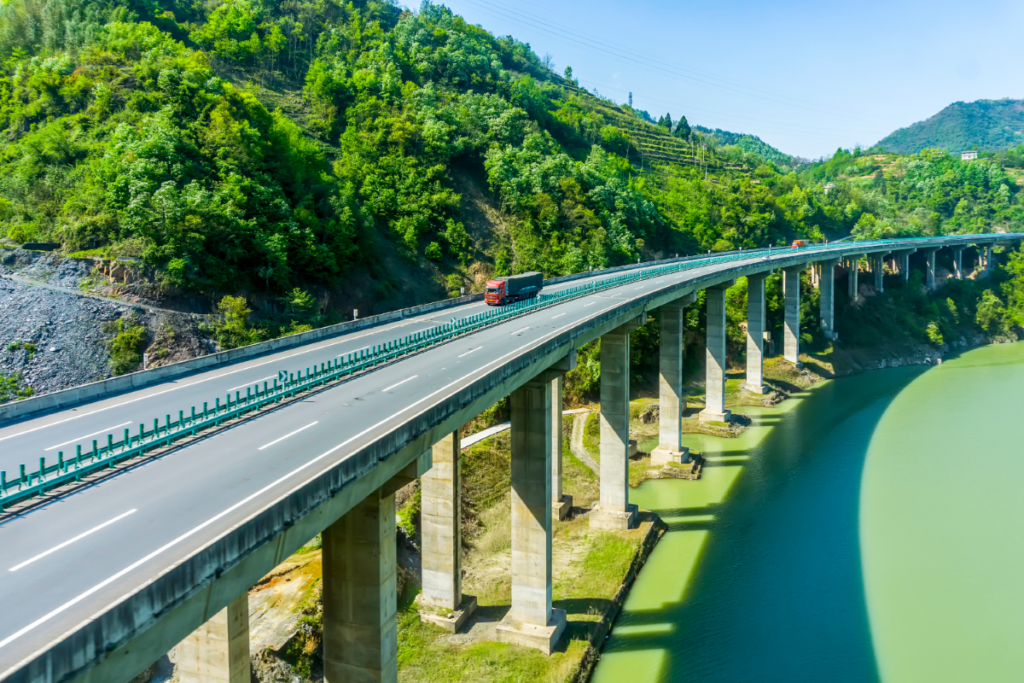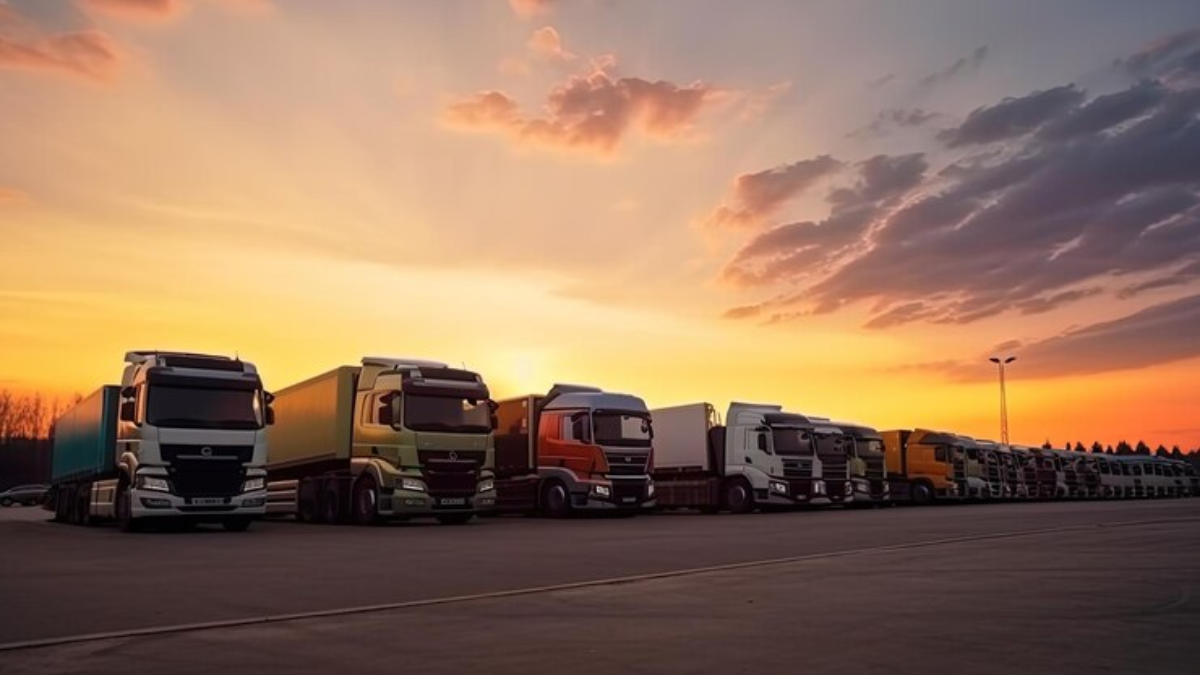Introduction
The global trade network heavily depends on a functioning transportation system, the efficient and reliable movement of goods, through roadways. Roadway Express plays a role in ensuring that this system operates smoothly across distances. This article delves into the history and significance of Roadway Express in today’s interconnected world as the ongoing innovations shaping its future.

Origins and Pioneers
Established in 1930 under the name Roadway Express Inc. this company has a background that traces back to the years of the motor carrier industry. It was founded by Galen and Carroll Roush in Akron, Ohio when trucking was still nascent.
Roadway Express primarily focused on handling truckload (LTL) shipments catering to loads that didn’t require an entire truck. The company embarked on its journey with ten owner-operators starting their efforts by transporting a shipment of tires from Akron to St. Louis, Missouri. This marked the beginning of an enterprise that would eventually establish Roadway Express as one of the leading motor freight carriers, in the United States.
The company rapidly expanded its presence by setting up terminals, in cities like Chicago, Houston, Kansas City, Atlanta, Baltimore, Birmingham, Charlotte, Indianapolis, Knoxville, Memphis, Nashville, New York, and Philadelphia. They also extended their reach to cities, across the country.

International Connectivity for Seamless Trade
At Roadway our main objective is simple; the company aims to enhance worldwide customers’ success and satisfaction by providing responsive and efficient service. What sets this company apart is our focus, on LTL (less than truckload) transportation for routes within North America that take two or more days. Additionally, it expands its services to routes connecting with locations both in and out of North America.
To ensure coverage Roadway Services actively seeks out partnerships with carriers who share a mindset. Viking Freight System specializes in LTL transportation while VFS Transportation operates irregular route truckload services. Notably, Viking stands out as a carrier in the industry – a reflection of our commitment to innovation and adaptability in meeting the evolving needs of our customers.

The Modern Roadway Express System
Looking at the state of roadway express systems it has evolved into a network comprising highways, bridges, tunnels, and advanced vehicles. The backbone of this system consists of trucks that traverse the globe carrying types of goods – from materials to finished products.
One significant advantage of roadway express is its capability to reach destinations that may not be easily accessible, through modes of transportation.
Trucks can maneuver through bustling cities and secluded regions linking the distant areas to the worldwide marketplace.

Efficiency and Technology
In recent years, technology has played a role, in improving the effectiveness of road transportation. The introduction of GPS navigation, real-time tracking, and advanced logistics software has completely transformed the way goods are moved. These technological advancements not only result in deliveries but also have a positive impact on reducing fuel consumption and minimizing environmental harm.
Telematics, which combines telecommunications and informatics has given fleet managers the power to closely monitor vehicle performance optimize routes for efficiency, and prioritize driver and cargo safety.
- Ag Express
- Limestone Commercial Real Estate Houston reviews
- Limestone Commercial Real Estate
- limestone commercial real estate litzareli madrigal
Challenges and Solutions
Despite the progress made by Roadway Express, there are still challenges that need to be addressed. Traffic congestion, limitations in infrastructure development, and increasing fuel prices continue to pose difficulties for the industry. However, there is an exploration of solutions such as autonomous vehicles, electric trucks, and alternative fuels to tackle these issues head-on.
Autonomous vehicles equipped with sensors and artificial intelligence have the potential to revolutionize road transportation systems significantly. They can improve safety standards by reducing errors while operating seamlessly day and night to ensure a flow of goods.
The increasing adoption of trucks is a development, for the transportation industry. By prioritizing sustainability electric vehicles have the potential to significantly reduce the carbon footprint of roadway express contributing to efforts to tackle climate change.
Environmental Impact and Sustainability
In light of growing awareness about the impact of activities, there is mounting pressure on the roadway express industry to embrace sustainable practices. Electric and hybrid vehicles as alternative fuels offer a greener alternative to conventional diesel-powered trucks. Moreover the idea of transportation – seamlessly integrating road, rail, and sea transport – is gaining momentum. This approach helps minimize reliance on a mode of transportation leading to congestion and environmental impact while maximizing efficiency.
Conclusion
To conclude roadway express plays a role in the global supply chain. Continues to evolve from its humble beginnings to today’s technologically advanced system. As we face challenges, innovation and sustainability will be factors, in shaping the future of roadway express. The journey continues with each mile traveled by bringing us to an interconnected, efficient, and sustainable future.





